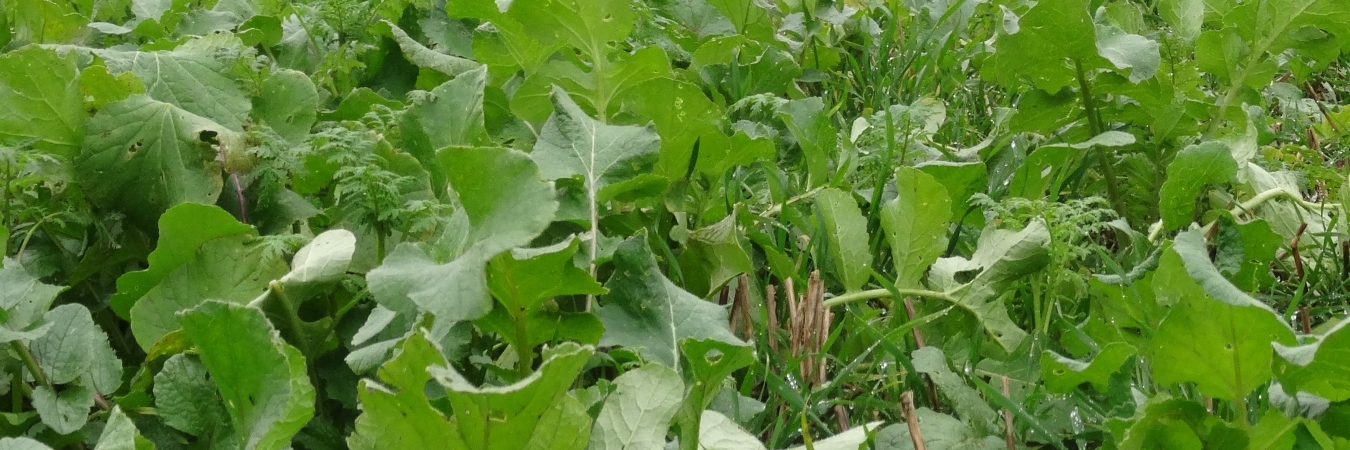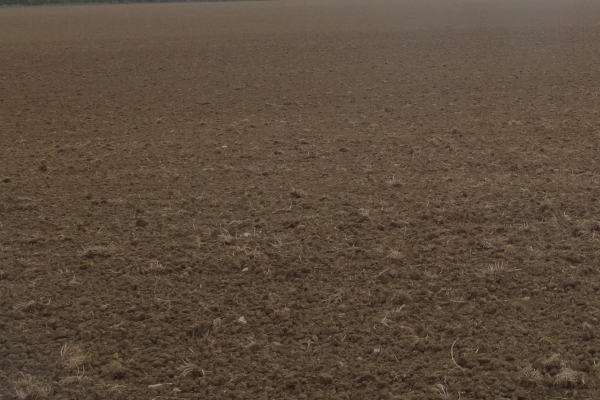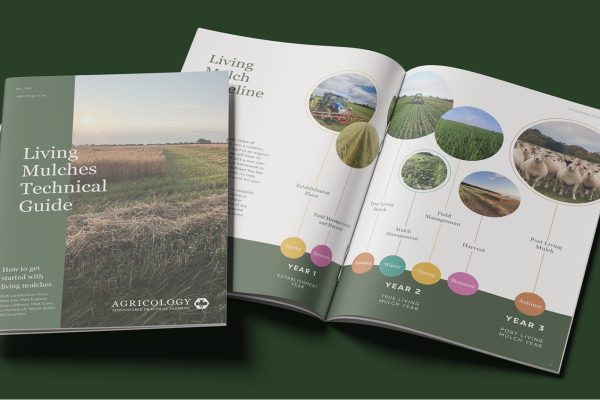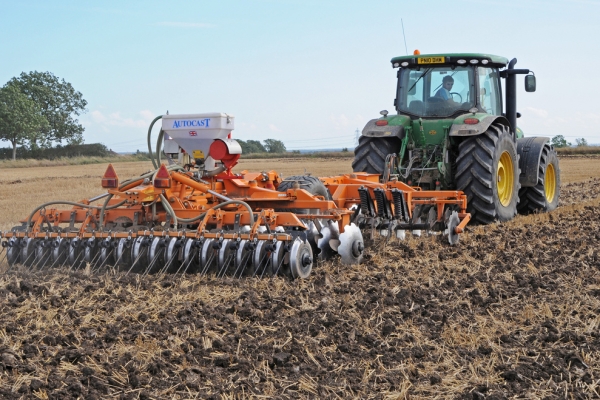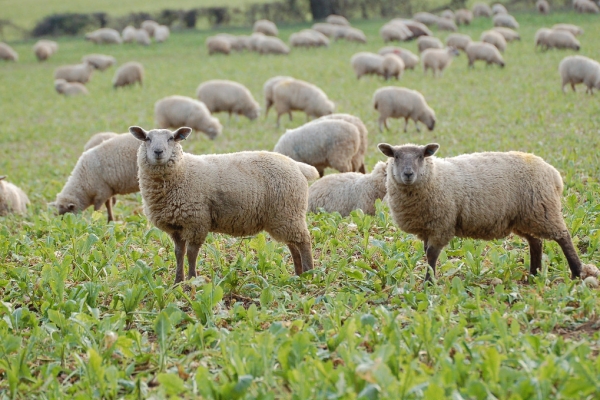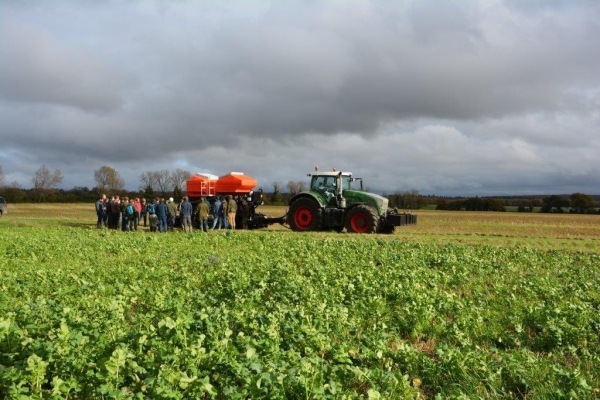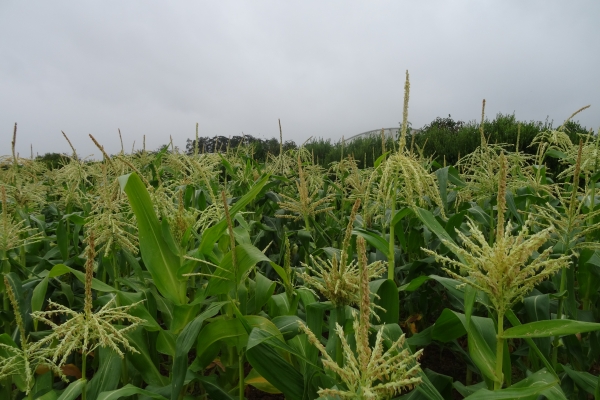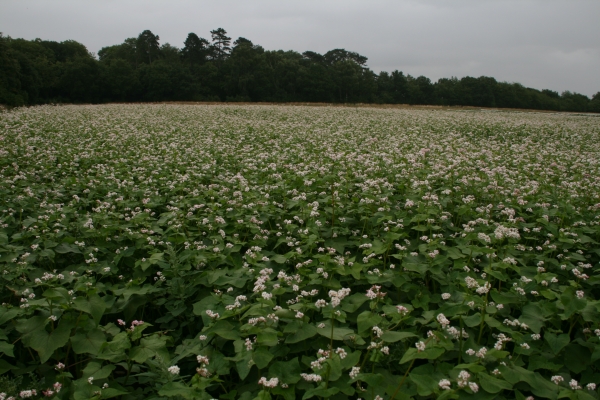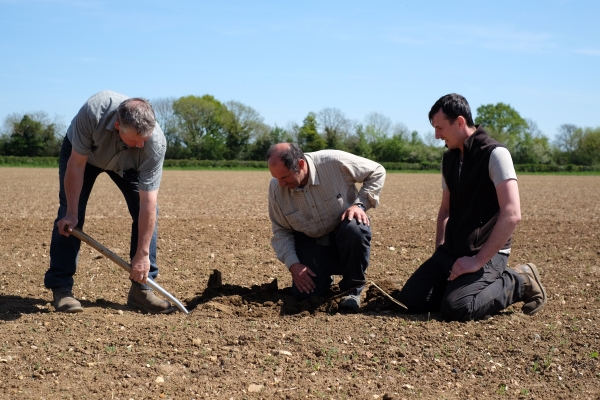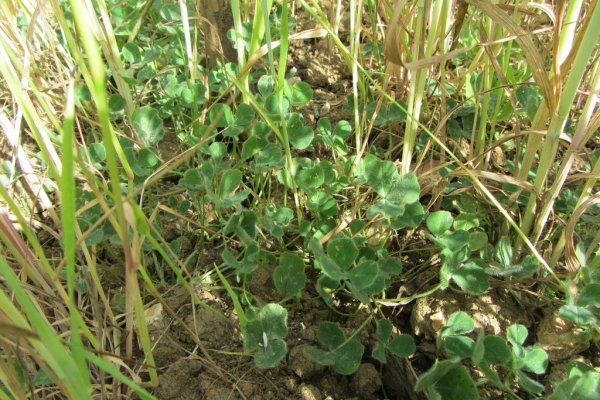Cover crops help to reduce diffuse water pollution
River Wensum DTC Research Update 1
Resource explained
An update from research undertaken as part of the Demonstration Test Catchments (DTCs) research platform established by Defra in 2010 to investigate the extent by which on-farm mitigation measures can cost-effectively reduce the impact of diffuse water pollution on river ecology whilst maintaining food production capacity. One of the DTCs (established to provide an evidence base for farming in contrasting agricultural systems) was the River Wensum, in Norfolk. This research update describes trials looking at the efficacy of cover crops (oilseed radish) at minimising farm-scale nutrient leaching losses and the effectiveness of cover crops in advance of both spring beans and sugar beet on the Salle Park Estate. It describes the trial set ups, how they were managed, what was assessed, and some interesting results.
Findings & recommendations
Trial 1
- Results of field drain monitoring revealed that oilseed radish cover crop successfully reduced nitrate leaching losses discharging into the river by 75% – 88%.
- Analysis of soil samples revealed that soil nitrate concentrations were reduced by 77% at 60–90 cm depth beneath the cover crop, highlighting the ability of deep rooting oilseed radish to scavenge nutrients from deep within the soil profile and help mitigate leaching losses.
- Results demonstrated that farm productivity in arable systems can be maintained whilst mitigating diffuse nitrate pollution through using winter oilseed radish cover crops.
Trial 2
- Examination of soil structure prior to sugar beet harvest revealed that the cover crop had substantially improved soil tilth and aeration, opening pore spaces and reducing waterlogging, accounting for improved sugar beet yield performance.
- Pure oilseed radish cover crop at a high seed density is more effective at reducing nitrate leaching losses than an oilseed radish/rye grass mixture at a lower seed density.
- Slightly higher total costs under a cover crop mixture compared to fallow were offset by a 33% increase in the yield of the subsequent sugar beet crop (compared to the control fields).
Trial 3
- A third trial aiming to determine which is a more effective means of destroying a cover crop prior to spring sowing; spraying with pesticide or grazing with sheep, is ongoing…
Find out more about the Wensum Alliance and project outputs here.
